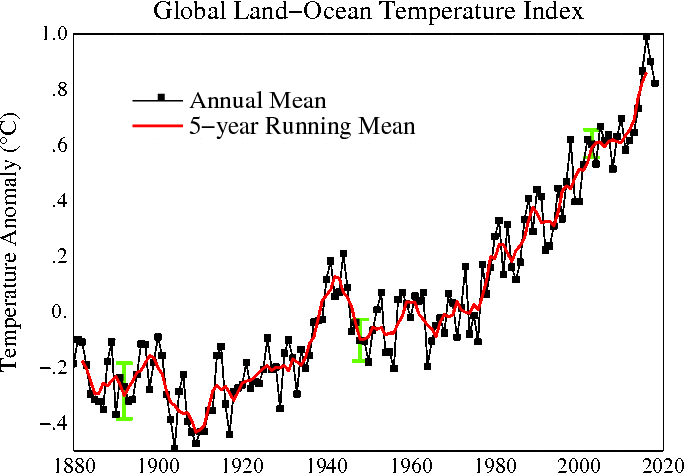CrusaderFrank
Diamond Member
- May 20, 2009
- 149,212
- 72,713
- 2,330
IPCC= LOL
"But one must say clearly that we redistribute de facto the world's wealth by climate policy. Obviously, the owners of coal and oil will not be enthusiastic about this. One has to free oneself from the illusion that international climate policy is environmental policy. This has almost nothing to do with environmental policy anymore..."
Read more: UN IPCC Official Admits 'We Redistribute World's Wealth By Climate Policy' | NewsBusters
"But one must say clearly that we redistribute de facto the world's wealth by climate policy. Obviously, the owners of coal and oil will not be enthusiastic about this. One has to free oneself from the illusion that international climate policy is environmental policy. This has almost nothing to do with environmental policy anymore..."
Read more: UN IPCC Official Admits 'We Redistribute World's Wealth By Climate Policy' | NewsBusters


